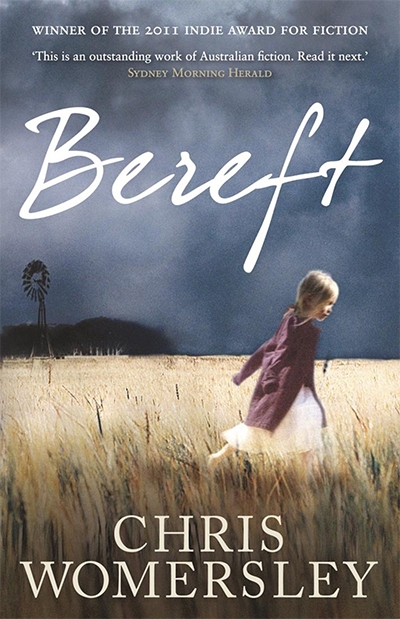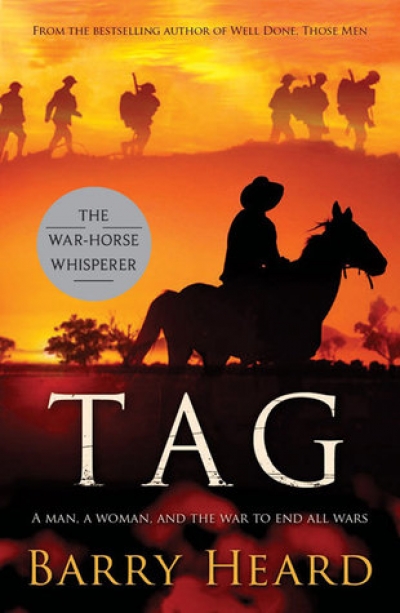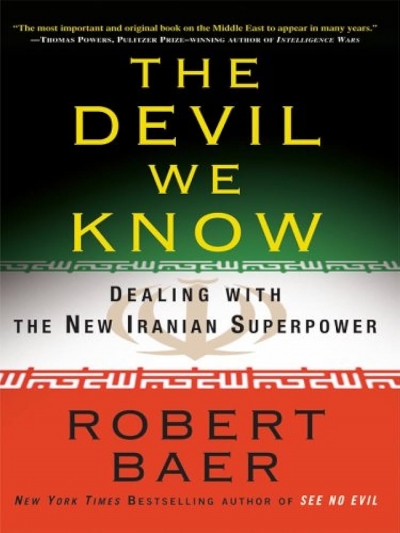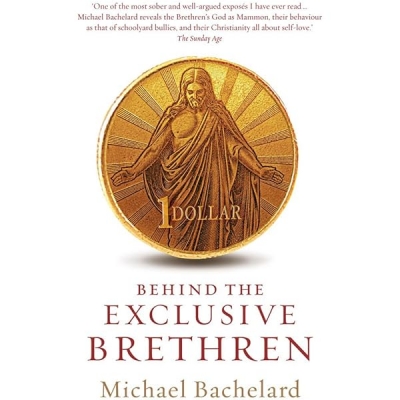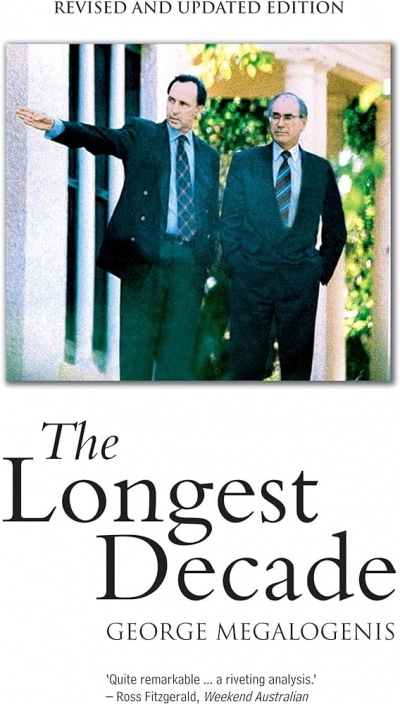On the inside of the title page, we learn that this is a work of fiction to be shelved alongside other books about horse whisperers. Together with the schmaltzy subtitle, this is a less than promising start. Not that I am fundamentally opposed to animal stories. But horses? I distrust whatever parades as noble, whether beast or human. Horses are for viewing from a distance.
In this novel, young Tag Wardell becomes renowned for his marvellous way with horses, both in his native Gippsland and later in the army. I am none the wiser about what exactly he does, or why he is so exceptional. He treats animals decently, talks to them and doles out oats from his pocket. Give him the chance, and he’ll brush them down. Once he even gives a nurse the same treatment. There is no magic in this. What it translates to is that everything and everyone has their price.
...
(read more)

